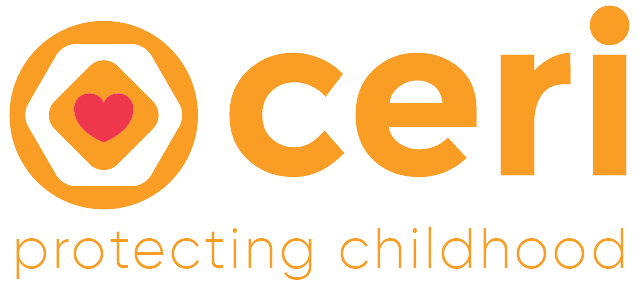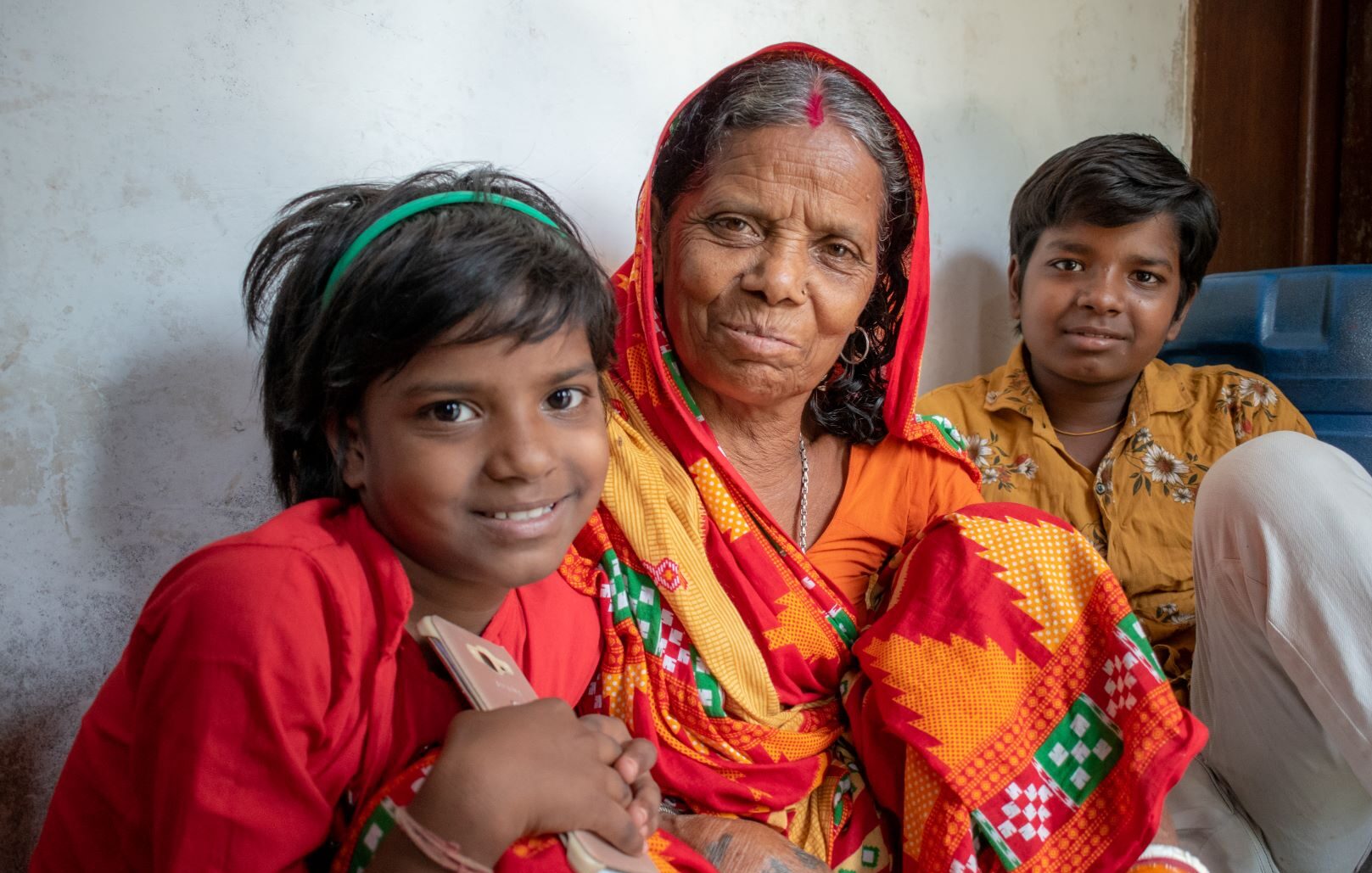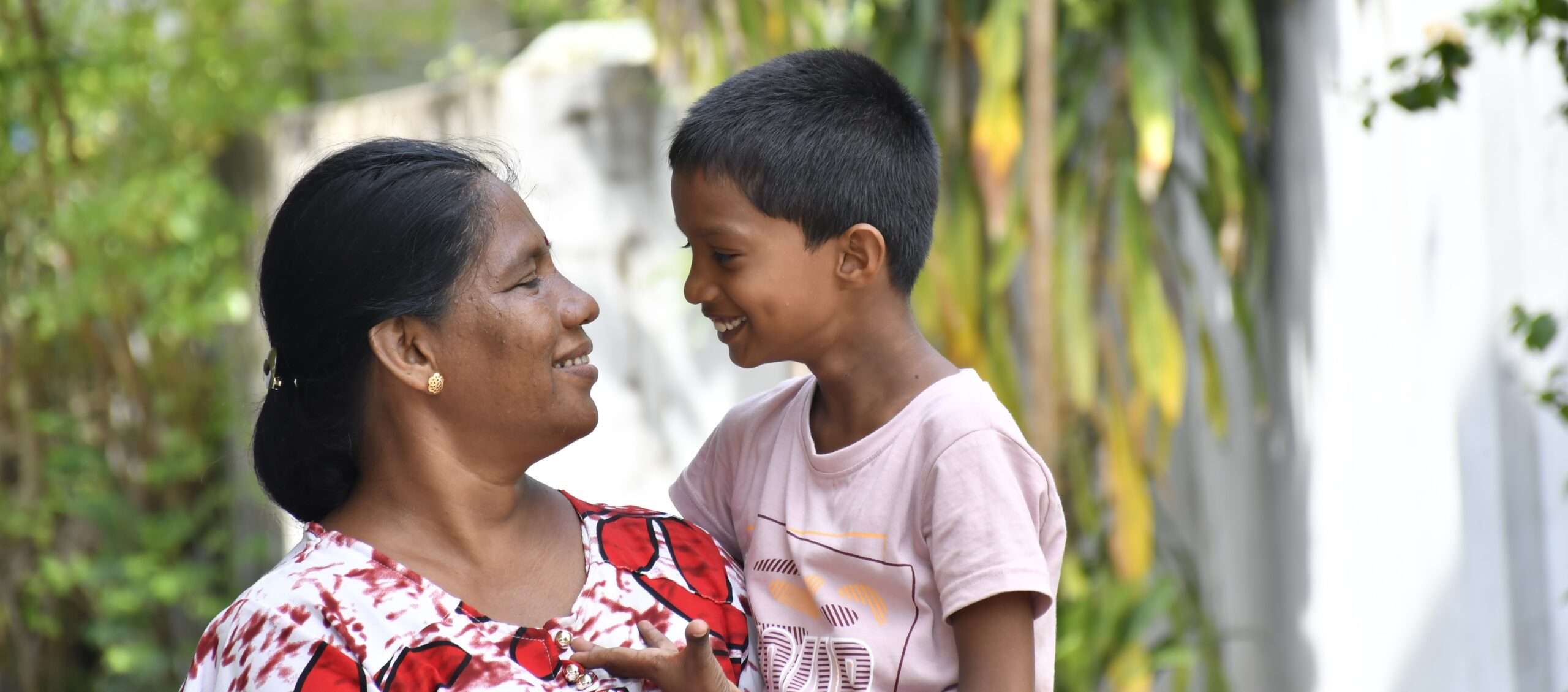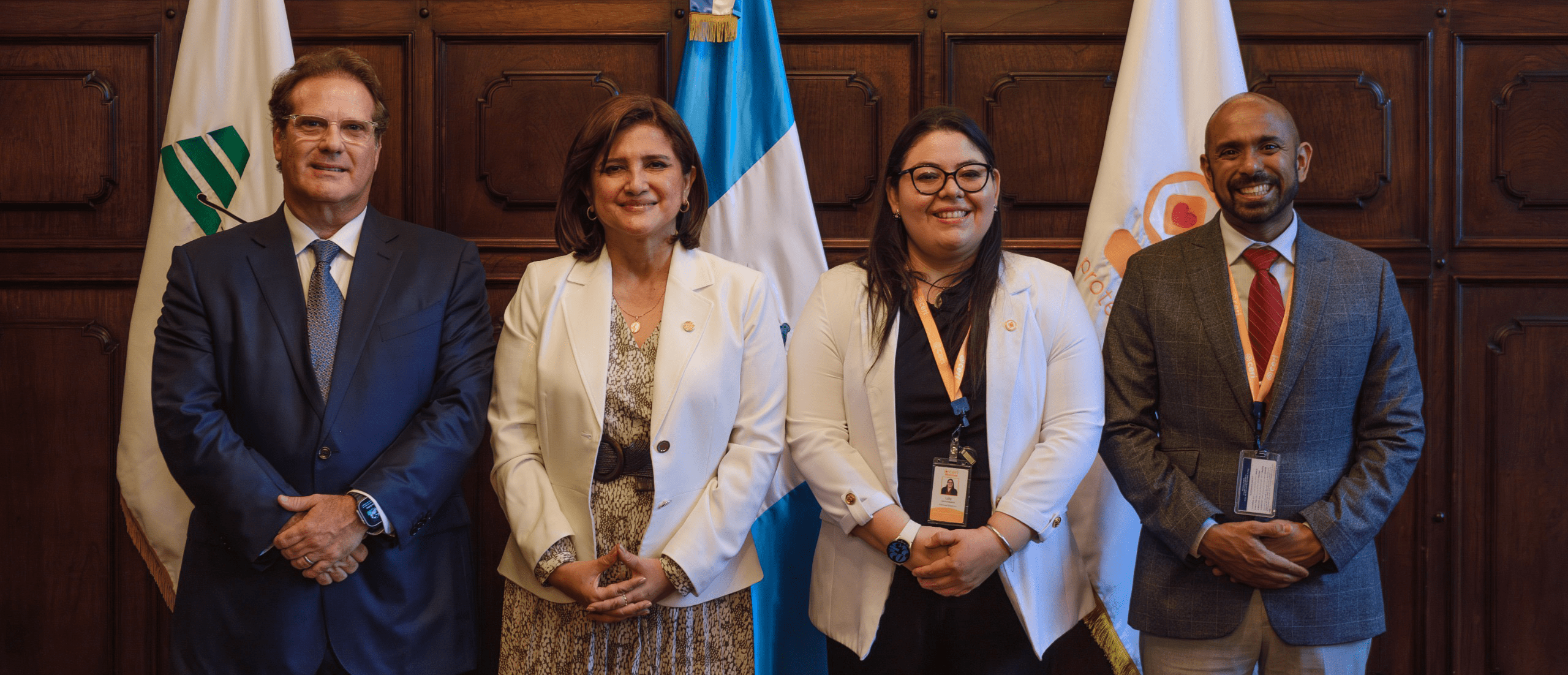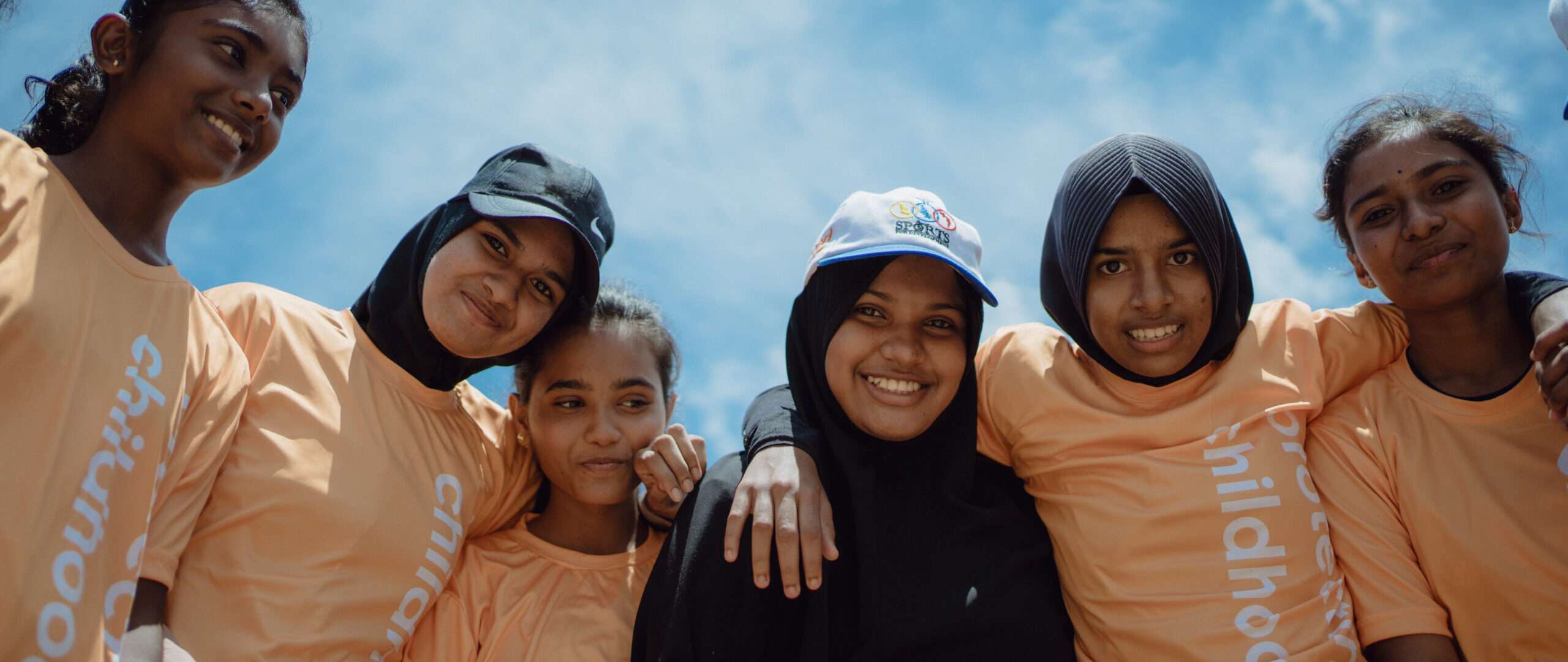Written by Ian Forber-Pratt
A little-known consequence of the pandemic has been government-mandated “rapid return” of children. Children in many residential homes were sent to their relatives or other kin, sometimes with only a few days of notice. For a child to grow up within their family of origin is always the ideal, yet these drastic changes with little preparation created serious risks for children.
CAFO, in partnership with CERI, supported organizations in Ethiopia, India, Kenya, Mexico, and Uganda experiencing this phenomenon firsthand. The local teams bravely delved into the complexity of working with families — some of them stunned, some grateful, some fearful — about the combination of a return of their children, a global pandemic, and their prior challenges remaining unchanged. The ten organizations worked with 207 children to ensure their childhood was protected.
One year later, 171 (83%) of these children were still with their families.
It’s important to note that these results are not necessarily representative of all rapid return situations. What they do suggest, however, is that — with critical oversight and support — many children in orphanages today can indeed be successfully returned to life with a family.
It hasn’t been easy. Week after week, teams would ask questions like “How do I convince the mother to accept her youngest daughter when she can’t feed the other three kids she has?” or “What about the deeper family issues, that are often so much more complicated than just the material lack?”
Humanly, the odds seemed insurmountable. As time went on, the ten organizations began to notice a major thread: that healing began with “seeing” the entire family as a whole and then realistically starting with the most basic needs.
Teams could not meet all of the families’ basic needs, let alone their doubts of inadequacy. Imagine sitting with a hungry family and not being able to guarantee where the next meal would come from? Yet, 171 children are still with their families. How? The reality is that being WITH these families and communities was just enough to keep them on the journey to healing.
At the end of a year, a handful of key takeaways rose to the top for this new era of community-based social work.
1. Family Well-Being Impacts a Child.
Organizations that serve vulnerable children should always consider the entire family’s well-being whenever family can be found. For some organizations, that may mean broadening their services. For others, it means partnering with other organizations that offer services key to family well-being, from medical care to economic opportunity.
2. Ask Children and Families What They Need.
Children and families are the first voice we should be listening to regarding their strengths and needs. Understanding the family’s perspective of these things increases the likelihood of providing the most effective services.
3. Do Not Overlook Basic Needs.
“Basic needs” were reported more than any other in the current study. Additional services are vital, but if basic needs are not being sufficiently met, the impact of such efforts may be limited.
4. Times of Crisis May Call for Relief.
Establishing sustainable solutions in child welfare is important when providing services to vulnerable children and families. However, in times of crisis or emergency, providing relief in the form of short-term material support may be necessary.
5. Relationships, relationships, relationships.
Human beings do not trust on command; it takes time, authenticity, and intentionality. Sadly, traditional case management approaches and child ‘protection’ systems are often built for removal and transactionalization. Through monthly cohort meetings, we heard time and time again that just being WITH the families was the secret sauce to any success.
The global pandemic has brought with it countless challenges. Often, the most significant impacts have been experienced by the most vulnerable members of society. And yet, times of crisis can lead to innovation and learning with immense implications. The lessons learned from this group of tireless leaders show that small efforts can make a big difference for children and families.
Family changes everything!
Help us support families so more children can have a place to call home.
This blog originally appeared on the Christian Alliance for Orphans (CAFO).
